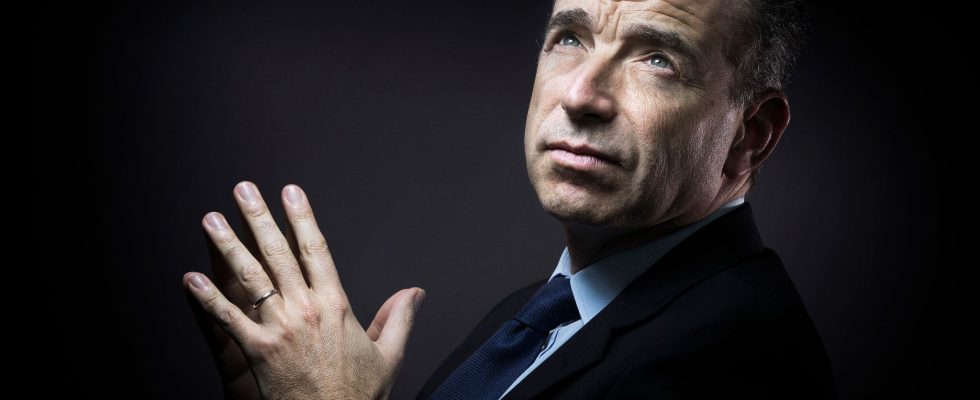“History is back,” declared Donald Tusk in 2014, upon assuming the presidency of the European Council. A declaration that seems particularly prophetic today, as the year 2023 brings together the conflicts of a past century that we thought were over. Indeed, in the space of two years, the forms of conflict of the 20th century were reactivated almost simultaneously. The resumption of interstate wars, with Russia’s invasion of Ukraine in 2022, recalls the procrastination that shook Europe at the end of the 1930s. At the same time, the rise in tensions between China and the United States around Taiwan in particular are reminiscent of the climate of the Cold War. Finally, the Hamas terrorist attack and the conflict with Israel now complete this dark picture.
At a time when a complex landscape, marked by the assertion of authoritarian countries, is emerging, it is urgent for the Twenty-Seven to react. A challenge that is all the greater for the European Union because, far from being isolated, these conflicts are deeply interconnected. The Russian invasion of Ukraine, for example, not only reignited fears of Chinese aggression against Taiwan, but also intensified tensions between China and the West. Likewise, the Hamas attack provides a strategic window for Russia by diverting attention from Ukraine. These complex interactions are redefining the geopolitical map and endangering democratic principles and global balance. Faced with these challenges, Europe is struggling to formulate a global and coherent response. In the standoff between the United States and China over Taiwan, she remained silent. After the Hamas attack, it became inaudible due to often undignified announcements and backpedaling. Worse, it was necessary to wait more than a week after the attacks of October 7 for the Twenty-Seven to “condemn[ent] with the greatest firmness Hamas and its terrorist attacks”, “insist[ent] firmly on Israel’s right to defend itself in accordance with humanitarian and international law”. Deep divisions and a lack of responsiveness which have the consequence of weakening the credibility of the Union on the international scene.
Yes, History is indeed back. But, in this same 2014 speech, Donald Tusk completed his remarks with a warning which also seems just as foreboding: “We will not be able to face this tumultuous period without real direction and without political unity”. While authoritarian regimes multiply attempts to overturn the global balance, the European Union, lacking a clear vision and objectives, risks being confined to the role of powerless spectator. It is now imperative that it equips itself with the necessary tools to make its interests heard and defend in the face of these major geopolitical upheavals. On the diplomatic level, the return of a Franco-German axis is crucial. It must be the catalyst for a new stage in the construction of a Union capable of projecting itself on the international scene. On the political level, it is urgent to relaunch discussions around defense Europe. This initiative must be accompanied by a clear and prioritized definition of the Union’s strategic interests and a common foreign policy.
To bear full fruit, these developments must be accompanied by a change in the way of telling stories. Indeed, on a symbolic level, the story of a Europe built for peace is no longer sufficient to reflect current realities. This new narrative must of course celebrate European unity but also recognize contemporary challenges. It must highlight the fundamental values that bring us together but also underline our desire to play an active and determining role beyond our borders. If nothing is done, the political reaction of a united Europe to the Russian invasion of Ukraine will remain the exception. And the rest of History will be written, whether she likes it or not, without her. Worse, it will be to his detriment.
Jean-François Copé is former minister, mayor (LR) of Meaux
